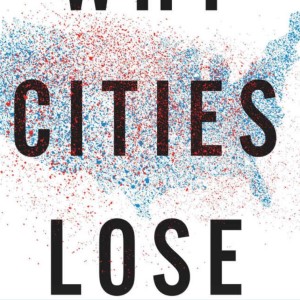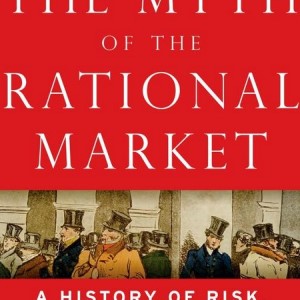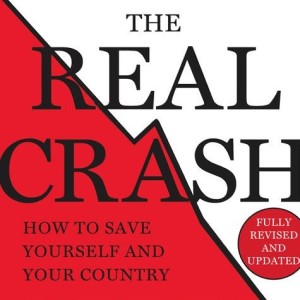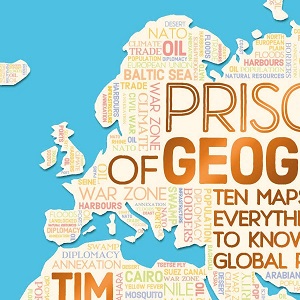always hard to go back to essentials when you want to do cool stuff, but probably wise to invest some time in this.
Recent posts
Fixing the Wifi
Day 2 on Ubuntu. Wifi is gone. Apparently a well-known issue on Mac.
Error message when trying to fix:
Errors were encountered while processing:
bcmwl-kernel-source
E: Sub-process /usr/bin/dpkg returned an error code (1)Tried a lot of options. In the end this one worked. Whereas question refers to Ubuntu 16.04 the answer mentions Ubuntu 20.04 explicitly.
Installing Linux
Distribution: Ubuntu 20.04
Hardware: MacBook Pro 15-inch (mid 2010) that was lying around.
The MacBook Pro “Core i5” 2.4 15-Inch (Mid-2010) is powered by a 32 nm, dual-core 2.4 GHz Intel “Core i5” I5-520M (Arrandale) processor, with dedicated 256k level 2 cache for each core and an 3 MB a level 3 cache. This system also supports “Turbo Boost” — which “automatically boosts the processor speed based on workload” up to 2.93 GHz for this model — and “Hyper Threading” — which allows the system to recognize four “virtual cores” or “threads.”
Best guide I found, works like a charm: https://www.wikihow.com/Install-Ubuntu-Linux#Preparing-to-Install
Best thing: I can also boost RAM from 4G to 8G. More about that later.
Worst thing: the CPU is not modern enough for most machine learning tasks (as shown here).
20th century science gave rise to some truly mind-blowing concepts
Benjamin Labatut – When we cease to understand the world
A highly entertaining fictionalized history of landmark scientific breakthroughs.
Ongoing advances in technology make that ethical norms develop incredibly fast
Filled with highly interesting statistics about the evolution of public perception on ethical issues.
The philosophy of the Silicon Valley elite is just a bunch of ill understood one-liners from preferably obscure thinkers
Adrian Daub – What tech calls thinking
Entertaining and polemic book, although many of the author’s points hardly need to be argued.
It is not political philosophy, but political geography that led Democrats in the USA to embrace the knowledge economy
Jonathan Rodden – Why cities lose
In the US election system, geographic concentration puts democrats at a fundamental disadvantage.
If you allow yourself to think on a different timescale, trees are surprisingly dynamic
Colin Tudge – The secret life of trees
There is a limit to the degree of suspense that you can bring into taxonomy.
It is quite hard to die in peace while owning the most famous diamond in the world
Anita Anand and William Dalrymple – Koh-i-Noor
The stone itself is just an excuse to tell wonderful stories.
Over the past decades, most economists have been forced to flex their opinion on the efficient market hypothesis
Justin Fox – The myth of the rational market
The book resists the temptation to get lost in juicy stories, but focuses on the evolution of ideas.
The combination of dogged determination and a bit of luck can turn an antihero into a hero
Anita Anand – The patient assassin
Compelling story telling and enriching perspectives make it hard not to become fascinated by Udham Singh and his quest for revenge.
Marginal communities provide natural experiments that convincingly illustrate basic economical mechanisms
Richard Davies – Extreme Economies
Well chosen examples (prisons, refugee camps, declining cities, etc.) illustrate why economics is a social science
The escalating polarization in USA politics may well lead to an exit of California or Texas from the union
Daivd French – Divided we fall
January 2021: After the Capitol attack (6 Jan. 2021) it became clear how close we actually were to this type of scenario.
November 2020: The hypothetical scenarios are well crafted and unfortunately not as far-fetched as one might hope.
Even someone reading Milton and Goethe may still turn into a monster
Nice to read in conjunction with The Age of Wonder.
Natural philosophy transformed into science thanks to the commitment and sacrifice of some thrill-seeking geeks
Richard Holmes – The age of wonder
Conveys lively how science was considered an undertaking for daring adventurers.
Once people realize that the US will never ever be able to pay off its debt, inflation will skyrocket and the the economy will be in shambles
Good diagnosis of current monetary policy, but combined with a disappointingly naive belief in the free market as panacea.
The Silicon Valley philosophy of innovation and disruption undervalues the importance of maintenance and durability
Lee Vinsel, Andrew Russel – The innovation delusion
Funny enough, the polemic narrative applies all the trick of typical innovation literature to promote a maintenance mindset.
How to evoke emotions, using only the simplest of graphical elements?
A practical guide to understanding composition and graphic design.
Master the Three Ways: flow, feedback, and continuous learning
Gene Kim et. al. – The DevOps Handbook
Surprisingly valuable, considering the conceptual natureof the material covered.
Geography has surprisingly strong explanatory power when it comes to long-term trends in politics and war
Tim Marshall – Prisoners of geography
Insightful perspective that highlights how few options political leaders actually have in responding to external threats.

















